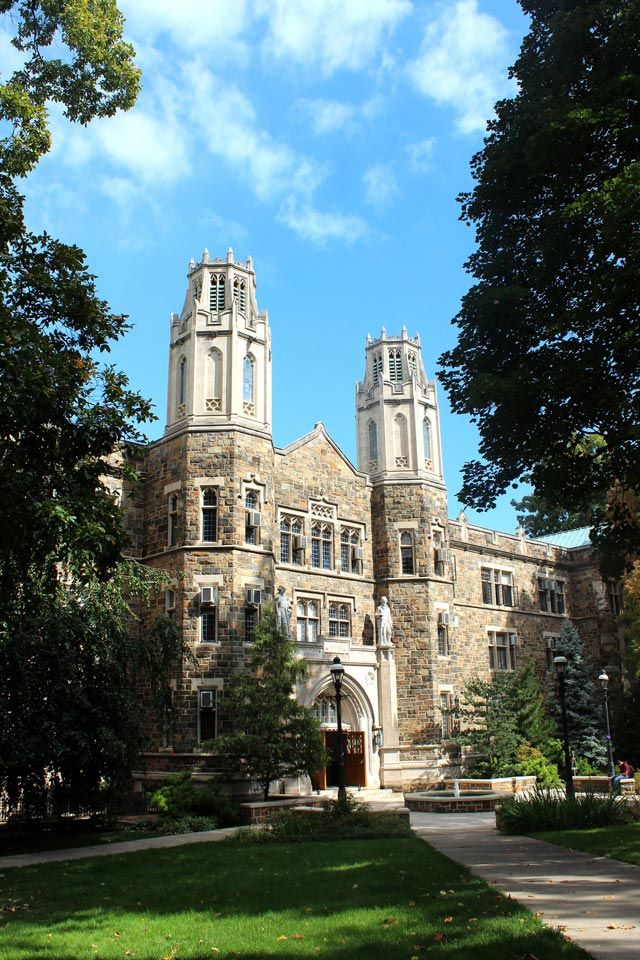Welcome to the 13th issue of resolve, a magazine dedicated to research and educational innovation in the P.C. Rossin College of Engineering and Applied Science at Lehigh.
In parts of rural Africa, women walk for miles to provide drinking water for their families. Here in the United States, a heated debate surrounds the process of extracting natural gas called hydraulic fracturing, or fracking.
Because these real-world problems are socially, economically and environmentally complex, solving them requires interdisciplinary teams that reconcile many perspectives. Lehigh recently launched a new program in sustainable development to help students and faculty members tackle these challenges from multiple angles.
Solving problems in developing nations also requires what I call inquiry-based learning. Real-world challenges are messy, unstructured and elusive. Often, a research team has to first figure out what the problem is, as no teacher or book can offer the single best way to approach a dilemma.
The sustainable development program was designed using blueprints of two of Lehigh’s most successful learning models. In our 30-year-old Integrated Product Development (IPD) program, students work for one year in interdisciplinary teams to design, make and market new products.
Another basis for the new program is Lehigh’s chapter of Engineers Without Borders (EWB), in which engineering students work alongside social science and economics majors to implement technological solutions. Our goal is to expand EWB’s low-cost, high-impact projects to a group of core courses open to students from all four of Lehigh’s colleges.
Putting the interdisciplinary model of IPD into the context of sustainable development has presented unique challenges, from the logistics of sending students to a country in Africa or Asia to the complexity of integrating technical issues with social and economic problems. These make sustainable development an ambitious endeavor for faculty and a motivating prospect for students.
Lehigh is one of the first universities to establish an undergraduate program in sustainable development, and it was also one of the first to be fully recognized as a nongovernment organization of the United Nations’ Department of Public Information. This direct link to the world’s decision-makers has opened up additional opportunities for our students.
This issue of Resolve examines the work of the students and faculty in our sustainable development program in the cover article beginning on page 12. The article describes our long-standing program in Costa Rica and our more recent work in Nicaragua, Cambodia, Zambia and other developing countries. You can also learn how our students lead their own sustainability initiatives, representing NGOs and speaking at UN conferences.
Sustainability is the theme of two other articles in this issue. A feature story starting on page 18 examines the career of Arup SenGupta, who has alleviated suffering on several continents with patented filtration systems that remove arsenic and fluoride efficiently and cheaply from groundwater. And the Q and A on page 8 features Nikhil Seth, director of the UN’s Division for Sustainable Development.
Other articles discuss a new program called LehighSiliconValley (page 22), which takes students to the venture communities of California and New York City, and a project using mobile sensors to assess the structural integrity of bridges (page 24).
I hope you enjoy this issue of Resolve. Please drop me a note to share your thoughts and comments.
S. David Wu, Dean and Iacocca Professor
P.C. Rossin College of Engineering and
Applied Science
david.wu@lehigh.edu

